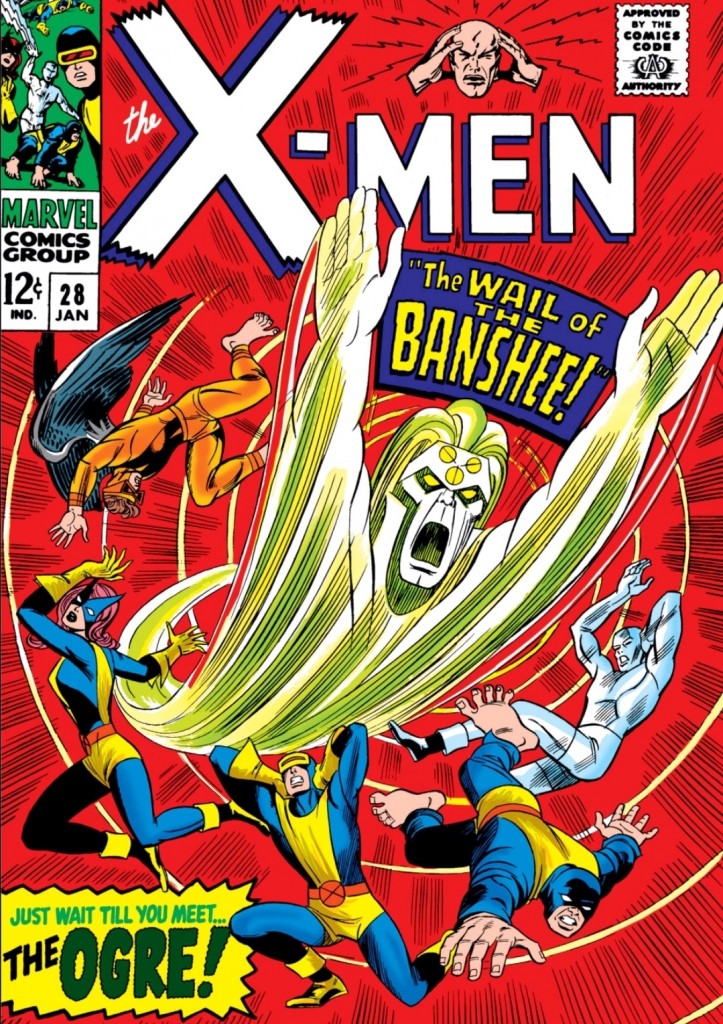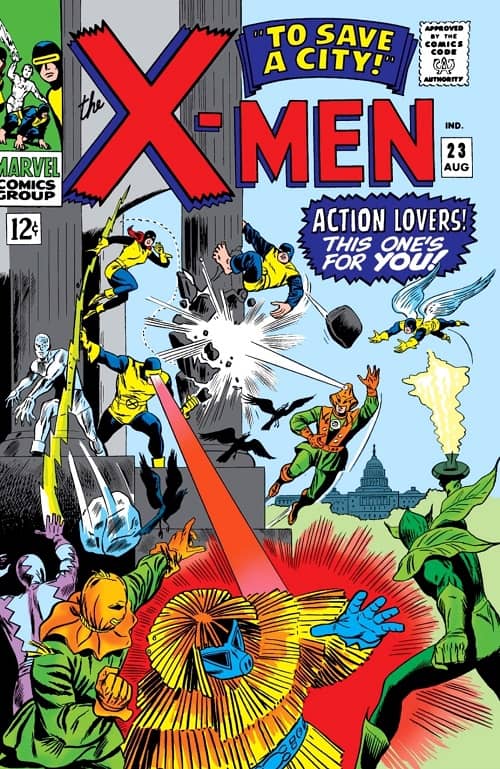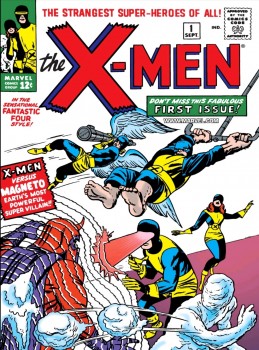X-Men, Part 4: Issues #24-39: The Middle Years of the Original Team
While travelling in November, I loaded a bunch of X-Men comics onto my phone for the airports. I haven’t stopped reading and I started blogging about my reread. I’ve made the reread slightly more complete by adding in stories that were written later but fit into the canon.
In this post, I’m covering my thoughts on X-Men #24-39, with cover dates 1966-1967 which cover, most significantly, the introduction of Banshee and the multi-part Factor Three story. I mention the dates though because for the older issues I often spool up music from the corresponding year to play in the background for flavour. If you’re reading along at home via Marvel Unlimited or trades or Masterworks, give it a try. It’s weird way to situate yourself in the historical era.
It’s also important to situate ourselves in the comics era. During this period, Roy Thomas was getting his feet under him, with maybe as many hits as misses? Elsewhere in the Marvel Universe, Kirby and Lee were introducing the Silver Surfer, Galactus, and the Black Panther. On TV, the Adam West Batman series was premiering, as was the animated Spider-Man series, the first Fantastic Four animated series, as well as Marvel’s old Thor, Captain America and Iron Man cartoons which were half animated, half motion comic. It was a heady time to love superheroes, although I missed it by 15 years.


